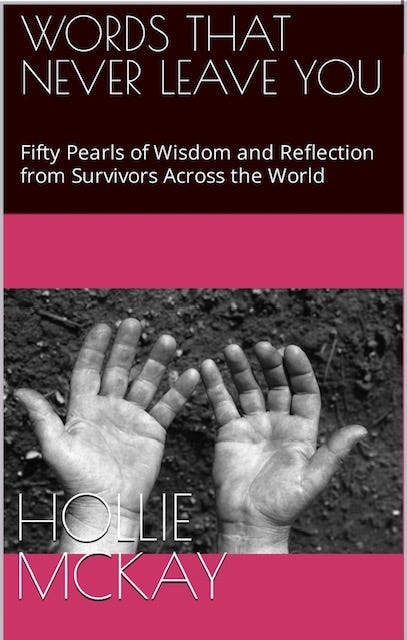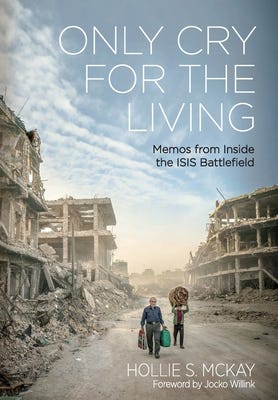The biggest misconception about foreign aid is that it is some sort of handout with zero accountability. While global corruption is a big problem, let’s not forget that foreign aid can serve strategic U.S. interests beyond the humanitarian benefits of helping developing nations. For example, by addressing poverty, hunger, and lack of resources, foreign aid can help create more stable and democratic societies. This stability reduces the breeding grounds for terrorism and other threats to U.S. security. Additionally, foreign aid can be invested in infrastructure, education, and healthcare, fostering stronger economies in developing countries. These thriving economies become new markets for U.S. goods and services, leading to economic growth and job creation back home. Foreign aid can be a strategic investment, promoting U.S. security and economic prosperity.
Here’s the 101 on the term, often wildly thrown around with little context.
Foreign aid is the voluntary transfer of money, resources, or services from one country (the donor) to another (the recipient). Foreign aid comes in various forms, each tailored to address specific needs and challenges. Financial assistance, such as grants, loans, or debt relief, aims to support economic development, alleviate poverty, and respond to humanitarian emergencies. Technical assistance involves sharing expertise and knowledge in critical areas like healthcare, education, or agriculture to facilitate capacity building and sustainable growth. Additionally, food aid provides essential supplies to nations grappling with hunger or malnutrition, while disaster relief offers swift assistance in the aftermath of natural disasters or conflicts, helping affected communities recover and rebuild.
Developed countries are the primary donors of foreign aid, with the United States, Germany, the United Kingdom, and Japan contributing significantly. Recipient countries are typically low—and middle-income nations facing challenges like poverty, hunger, disease, or instability.
Countries provide foreign aid for various reasons, each driven by a combination of moral, strategic, and economic factors:
1. There’s an ethical obligation to assist those facing adversity and hardship, reflecting a sense of global responsibility and solidarity.
2. Foreign aid is crucial in promoting stability by addressing root causes of instability, such as poverty and hunger, thereby mitigating the risk of conflict and unrest.
3. Investing in the development of other nations fosters economic benefits, as a more robust and stable global economy can lead to increased trade and prosperity for all involved parties.
4. Foreign aid is also utilized to enhance national security, as addressing issues like terrorism and climate change in other countries can ultimately contribute to the security and well-being of all nations.
The effectiveness of foreign aid is a topic of ongoing debate. Proponents point to its positive impact on developing nations. Aid can help create jobs, improve infrastructure, and empower communities, ultimately reducing poverty. It can also help to fight diseases, improve sanitation, and increase access to healthcare services, leading to a healthier population. Additionally, foreign aid can help build schools, train teachers, and provide educational resources, critical to breaking the cycle of poverty in the long run. Furthermore, assistance can be used to prepare countries for and respond to natural disasters, saving lives and reducing long-term damage.
Despite its potential benefits, foreign aid also faces criticism. Corrupt governments can misuse some concerns that aid money. Some argue that long-term dependence on foreign aid can hinder a country’s development, preventing them from establishing self-sufficient systems. Additionally, questions remain about the effectiveness of aid delivery and management.
The contention over foreign aid will likely continue. Whether foreign aid takes away from money that should be spent on Americans is a topic of debate. Some argue that prioritizing foreign aid detracts resources from addressing domestic needs like infrastructure, healthcare, education, and social services. They advocate for redirecting funds to benefit American citizens directly. On the other hand, proponents of foreign aid argue that it serves crucial strategic and humanitarian purposes, including promoting stability, fostering economic growth, and addressing global challenges like poverty, disease, and extremism. They contend that investing in international development ultimately benefits the United States by creating more stable and prosperous regions, increasing trade opportunities, improving security, and enhancing diplomatic relations. Ultimately, allocating funds for foreign aid versus domestic priorities involves complex considerations of national interests, moral obligations, and strategic objectives.
PLEASE CONSIDER A PAID SUBSCRIPTION TO THIS SUBSTACK TO HELP KEEP INDEPENDENT, AGENDA-FREE WRITING AND JOURNALISM ALIVE. THANK YOU SO MUCH FOR YOUR SUPPORT.
For speaking queries please contact meta@metaspeakers.org
For ghostwriting, personalized mentoring or other writing/work-related queries please contact hollie@holliemckay.com
Follow me on Instagram and Twitter for more updates
Pre-Order The Dictator’s Wife (out June 10)
Click Here for Pre-Order from my publisher DAP Publications (please support small business!)
Click Here for Pre-Order from Barnes & Noble
Click Here for Pre-Order from Amazon
Click Here for Pre-Order from Target
HOLLIE’S BOOKS (please leave a review)
** Short read of meaningful lessons gleaned from the ordinary forced to become extraordinary
Order your copy of “Afghanistan: The End of the US Footprint and the Rise of the Taliban Rule” due out this fall.
For those interested in learning more about the aftermath of war, please pick up a copy of my book “Only Cry for the Living: Memos from Inside the ISIS Battlefield.”
If you want to support small businesses:
And also now available in Australia







